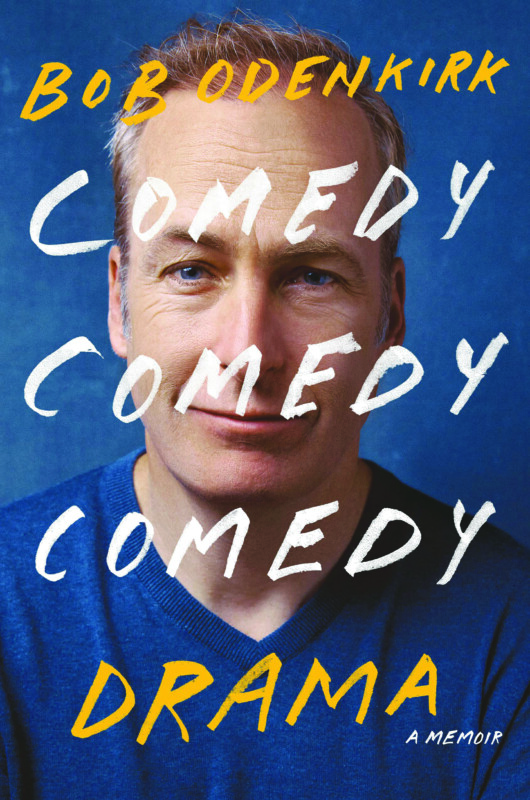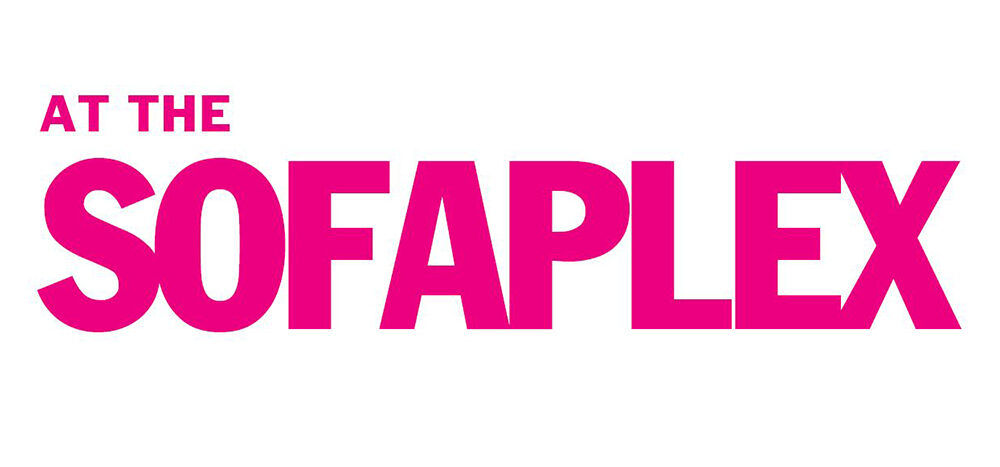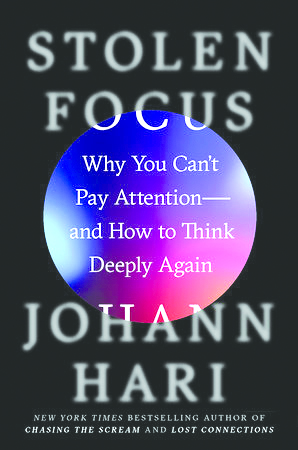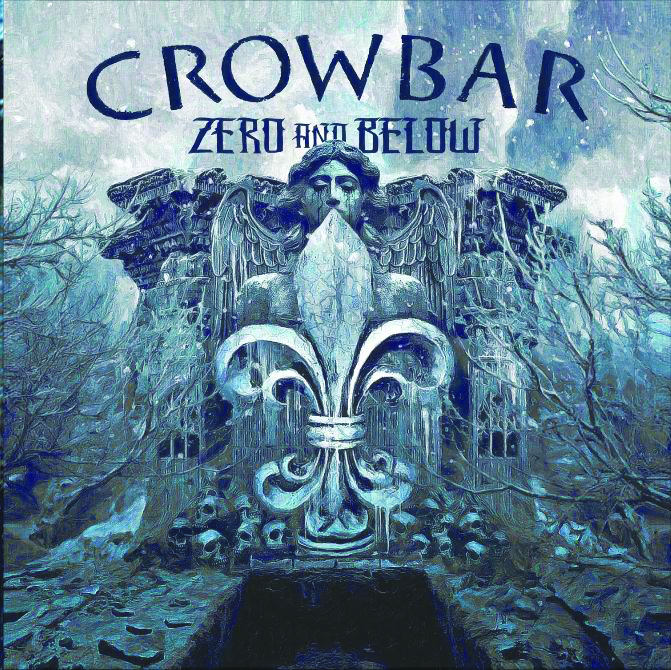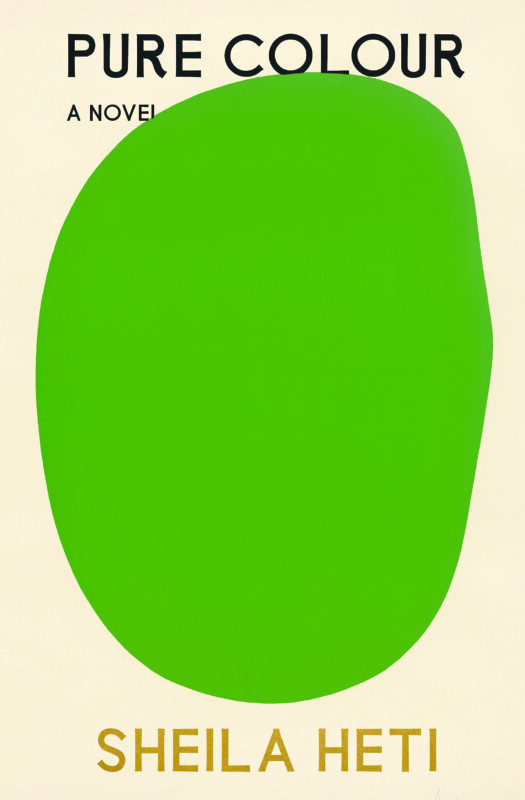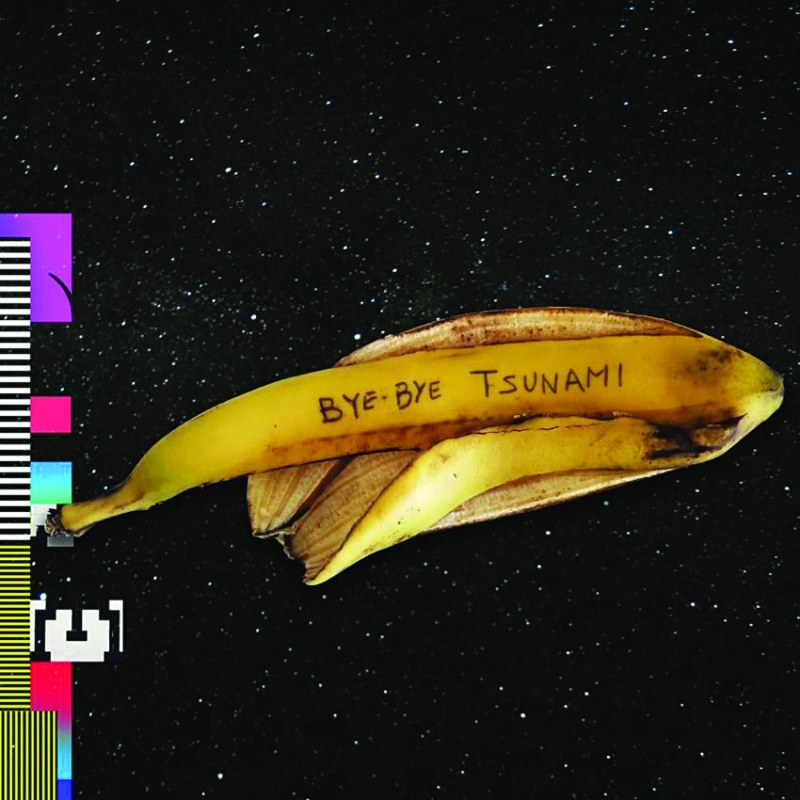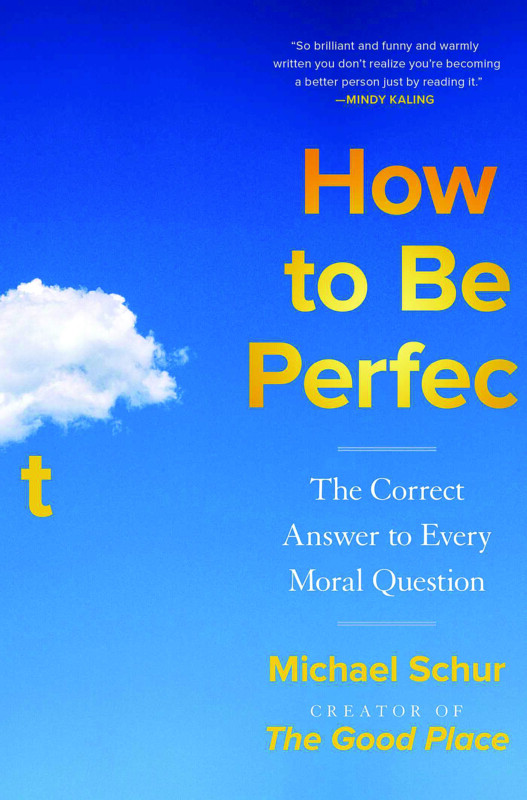Various Artists, Black Lives: From Generation to Generation (Jammin’colorS Records)
The Belgium-based Jammin’colorS label is run by its chef/cook/bottle-washer, Stefany Calambert, whose husband, bassist Reggie Washington, helped out on the writing end in this collection of songs, which aims to present “Black music as a source of moral truth and potent weaponry against the scourge of racism.” The Belgian government directly contributed to the creation of this hefty double album, so Calambert was able to gather an amazingly diverse herd of artists that includes Oliver Lake, Marvin Sewell and a chorus line of others. It’s strikingly produced and deeply urban, all of it: Stephanie McKay’s playful, electric-piano-and-la-la-la driven “Phenomenon” checking off the ’80s-jazz-pop tick; Andy Milne & Unison’s dreamy, soprano-scatted “Togged To The Bricks”; Cheick Tidiane Seck’s tribal-rhythmic “Sanga Bo” adding some Fela Kuti texture; even some opera-diva high-wire stuff from Alicia Hall Moran, getting plenty of help from Washington and DJ Grazzhoppa (“Walk”). An honest, depthlessly immersive experience throughout; it may not solve anything but it sure does try. A
Graeme James, Seasons (Nettwerk Records)
In the busking space, you’ve got your golden-throated guys like Peter Bradley Adams, and you’ve got your po-faced Art Garfunkel types. This New Zealander would fall into the latter category, a serious balladeer who plays a million instruments in these smooth, sometimes mildly rocky tunes. Let’s see, here you’ll hear him play mandolin, double bass, fiddle, guitar, banjo and bass ukulele, among other things, a cornucopia of sound that’s equal to the task of supporting his voice, which is similarly all over the place, ranging from floaty Bon Iver to vanilla Sufjan Stevens to clear-throated sea shanty slinger to the aforementioned Garfunkel (“Death Defying Acts”). The song that’s so far received the most attention (including some love from Rolling Stone) from this album is a song about a terrifying adventure aboard an old ship (let’s all agree that humanity will never have enough of those), that being “The Voyage of the James Caird.” A-
PLAYLIST
• The next batch of new albums scheduled for release will get here on April 1, i.e. April Fools’ Day, which is, of course, most apropos, because this week we start with badly tattooed Red Hot Chili Peppers, whose new album, Unlimited Love, is first to be put into the Snark-O-Scope™ for a thorough and proper evaluation! But before we do that, let’s go over it again: I don’t like this band, and, um, well, I never really did. If the ’90s were the ’60s, RHCP would have been the Rolling Stones to Pearl Jam’s Beatles, if you’re down for some rather trite juxtaposition, and I have no idea how that happened, how RHCP got so popular. But people of all ages love ’em, they just love ’em. A couple years ago I was given a single pass for the RHCP show at TD Garden, and since it was snowing and it was only one pass and I don’t like RHCP to begin with, I gave it to a friend, who drove down from New Hampshire, through the snow, to see the show. He loved it, which I wouldn’t have, because I don’t like a single one of their songs, literally none. The only thing that pumps me up about the old ’Chili Peppers is being given this new opportunity to trash their funk-ska nonsense in public, and since I’m salivating at that prospect, I’ll toddle off to YouTube right now, to listen to the new song “Black Summer.” OK, the video starts with Anthony Howeveryouspellit dressed like the Karate Kid, and the song is mellow, with their usual drippy guitar sound (it would be so cool if they’d learn that their Peavey amplifiers actually have things like distortion knobs and stuff and thus don’t necessarily have to sound like the sort of 1-foot-tall amp that’s normally played at kids’ birthday parties, so lame!). Anyway, on the tune drags, with Anthony making rapper hand movements even though he doesn’t rap, and then there’s some psychedelic ’70s vibe that’s just annoying and then some Austin Powers 1960s-pop vibe that also just made me depressed. What does this all mean? Well, it means that a lot of people will like it, just to tick me off.
• In spite of their German-sounding name, Warmduscher is a British garage/post-punk band. Wikipedia says that a “Warmduscher” basically refers to someone who’s a wimp, like, at English “pubs,” the beer-gargling “punters” tease their “mates” with that term, in the hope that someone will start a huge bar fight that will need to be broken up by the “bobbies.” Any-whatever, the new album, At The Hot Spot, is on the way, in the “lorries” right now, headed to the “record shoppes,” where you can buy it with your shillings and tuppence, and it will feature a song called “Wild Flowers,” a stream-of-consciousness rant spoken by one of the “lads,” who “prattles” on and on about all the stuff he hates in everyday life. There’s a wah-wah pedal on the guitar, not that that sound will be coming back from the grave for widespread use anytime soon, or at least I hope.
• You have to admire a band whose cover art is inspired by those old Garbage Pail Kids stickers, so props are due for Toronto four-man power-pop band PUP, whose new LP The Unraveling Of Puptheband is on the way! The push track, “Robot Writes A Love Song,” is a pretty well-rounded amalgam of Weezer and Violent Femmes, if that sounds like something anyone out there would be the slightest bit interested in.
• Finally, let’s check in with Canadian singer Lights, and her new album PEP, with its single “Salt and Vinegar.” This is basically next-gen Taylor Swift bubble-pop, made tolerable by some nifty samples; it’s brainless but not hateful.
If you’re in a local band, now’s a great time to let me know about your EP, your single, whatever’s on your mind. Let me know how you’re holding yourself together without being able to play shows or jam with your homies. Send a recipe for keema matar. Message me on Twitter (@esaeger) or Facebook (eric.saeger.9).


